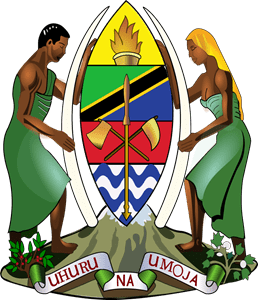
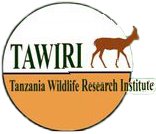
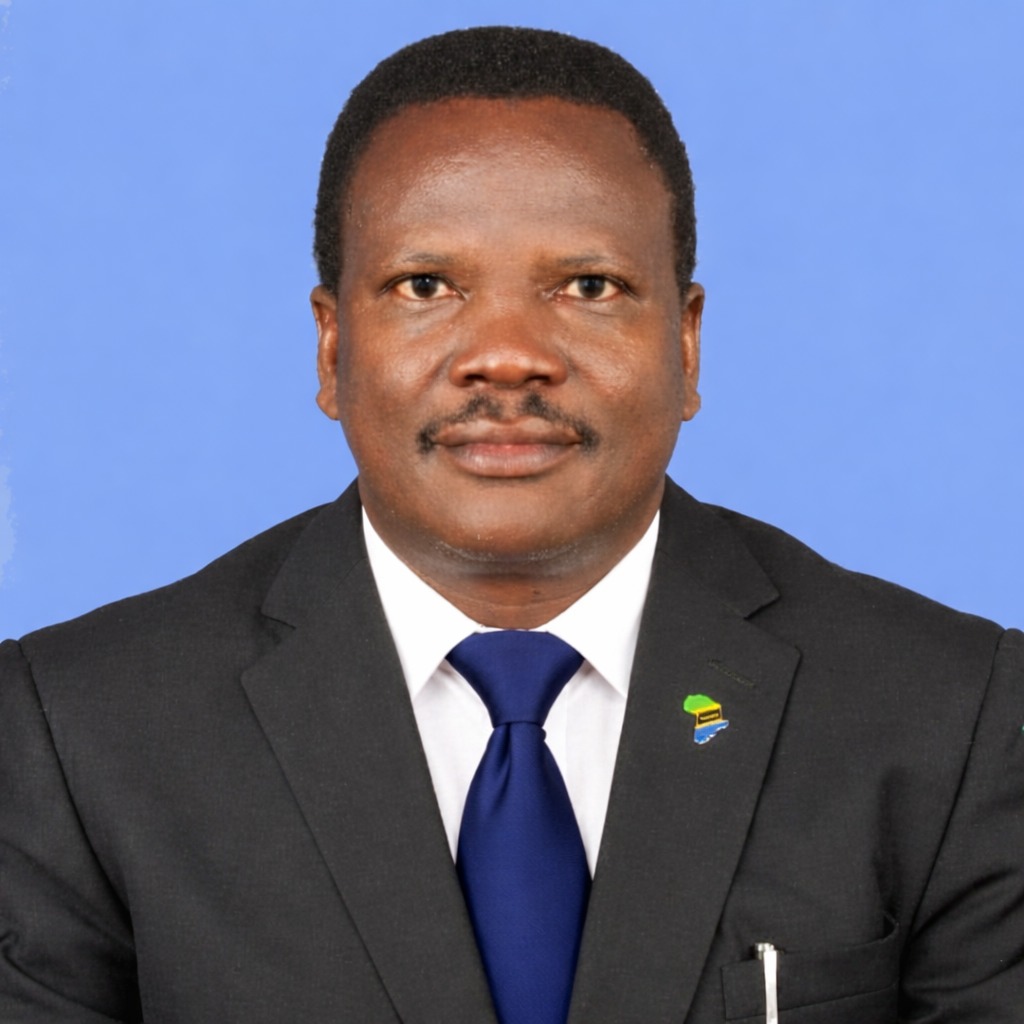
DIRECTOR OF RESEARCH

DIRECTOR OF RESEARCH
Tel: +255 734 094646
E-mail: researchclearance@tawiri.or.tz
The Directorate of Research Development and Coordination is one among two directorates of TAWIRI. The Directorate consists of four (4) sections namely; Research Management and Coordination Section, Research Development and Promotion Section, Veterinary Science and Wildlife Laboratories Section; and Conservation Information and Monitoring Section.
The Directorate is responsible for undertaking wildlife research planning and coordination; developing wildlife research agenda, guidelines and research activities of the Institute; fostering coordination of research efforts by local and foreign scientists; preparing annual performance report of the Institute on wildlife research; soliciting research funds from within and outside the country; developing and supervising wildlife research programmes; supervising and coordinating all wildlife surveys and research management, coordination, inspection, research permits, wildlife veterinary science and laboratory matters; linking the Institute with key stakeholders on matters related to wildlife surveys, research development, coordination, wildlife laboratories, and veterinary sciences; carrying out research and investigating wildlife diseases and their causes so as to develop way of preventing or controlling the occurrence of particular wildlife diseases or any category of the disease; and coordinating wildlife research carried out within mainland Tanzania.
The Directorate of Research Development and Coordination is one among two directorates of TAWIRI. The Directorate consists of four sections:
Responsibility |
Description |
|---|---|
|
National Coordination |
Overseeing all wildlife research carried out within mainland Tanzania. |
|
Strategy |
Developing guidelines, research agendas, and long-term research programs. |
|
Disease Control |
Investigating causes of disease to develop prevention and control methods. |
|
Resource Management |
Supervising all wildlife surveys and laboratory matters. |
|
Stakeholder Linking |
Connecting the Institute with key partners on matters of veterinary science and conservation. |

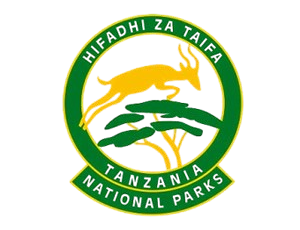
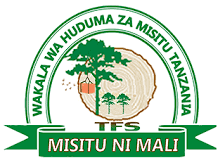

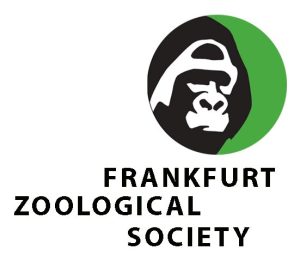
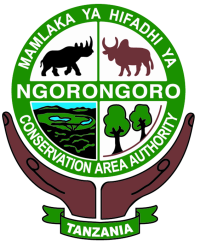
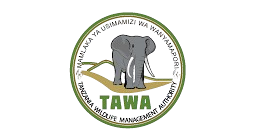
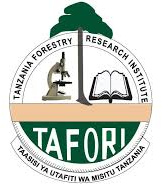
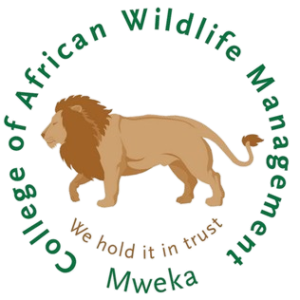
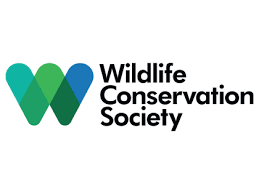
P.o Box 661 Arusha. 206 Njiro Road, 2113 Lemara, Arusha, Tanzania
+255 734 094646
barua@tawiri.or.tz | dg@tawiri.or.tz






 Users Last 7 days : 512
Users Last 7 days : 512 Users This Month : 2027
Users This Month : 2027 Total Users : 66065
Total Users : 66065